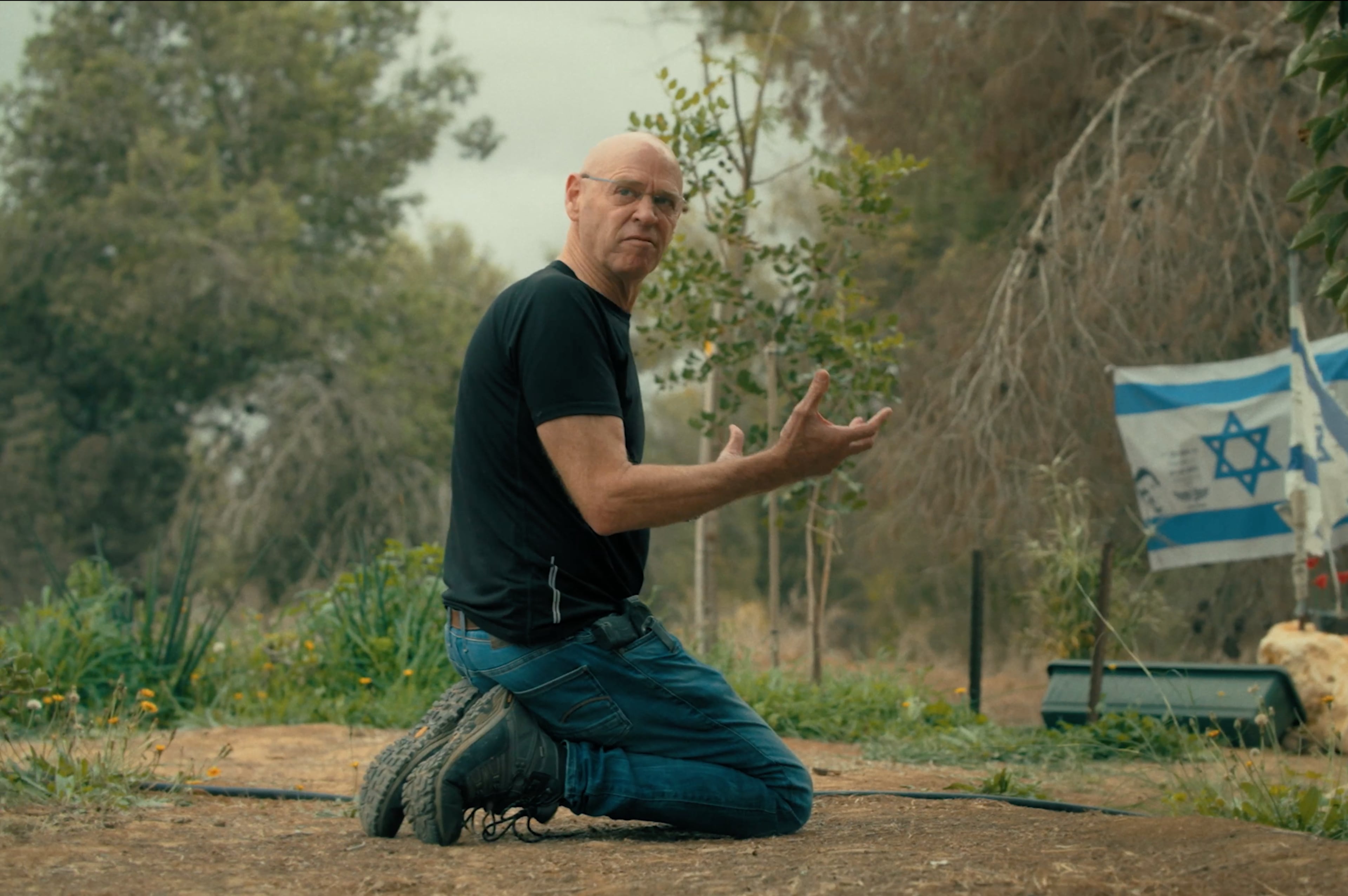Orchestral Manoeuvres comes out of the dark to mix tunes old and new

Famed sociologist Sherry Turkle once said, “Boredom is your imagination calling to you.” And while it’s unclear if Andrew McCluskey of Orchestral Manoeuvres in the Dark ever heard this quote, ennui was definitely the driving force behind OMD’s most recent and likely final studio album.
For McCluskey, who is one-half of the British band alongside childhood friend Paul Humphreys, the forced downtime triggered by the pandemic was a major ingredient behind OMD hitting the studio for one more full-blown project.
“We weren’t allowed to go out, so I equated it to when I was a teenager and we only had one TV in the house with three channels, and my mother was probably watching ‘Kojak,’ so I’d end up going to my room to paint a picture or write a song,” he said with a laugh during a recent interview. “There was nothing else to do, and it was a bit like those days. But you know what, the power of boredom can be very creative.”

With five or six songs percolating on his computer, McCluskey spent his time hammering out verses for songs like “Veruschka,” an atmospheric gem initially recorded for the unmade second album for Onetwo, Humphrey’s short-lived duo with Propaganda singer Claudia Brücken. Elsewhere, the infectious “Kleptocracy” finds OMD getting political amid gurgling synth washes while highlighting corrupt oligarchs swiping resources in Russia, the United States and Saudi Arabia.
Although McCluskey points out a good chunk of time found “Paul busy buying a house in France and making babies,” Humphreys did provide the seeds for some songs. Those include the futuristic-sounding Euro-disco classic “Anthropocene” (which refers to the current era in Earth’s evolution when humanity is directly affecting it) and “Look at You Now,” a perfect slice of wistful electro-pop.
The relationship between McCluskey and Humphreys dates to grade school, but OMD split in 1989 when the latter left over creative differences. McCluskey soldiered on as a solo act under the OMD moniker before retiring the name in 1996. OMD was resurrected a decade later following a request from a German television show for the band to reunite.
The two friends picked up at that point and have released four albums since, with “Bauhaus Staircase’s” predecessor being 2017’s “The Punishment of Luxury,” which McCluskey was sure would be their final studio album. And although COVID-19 changed that notion, the Liverpool native has no doubts that barring another pandemic, there will be no follow-up to the duo’s 2023 studio effort.
“It is increasingly hard to make a full album we think is up to the standard that we’d like it to be,” McCluskey explained. “After 46 years in the band, I love touring and, if the mood is upon me, I love the idea of sitting down and trying something. But do I want to go and sit in my programming room without a pandemic forcing me there? Am I going to be able to mine my head, soul and heart to keep beating myself up to squeeze out the good stuff — especially after the last few albums have been so well-received? The last thing we want to do is have people say, ‘They’re such a cool band, but this new album sucks.‘”
The current tour kicked off last year, but the band postponed dates because McCluskey needed a knee replacement along with vocal cord surgery. OMD has subsequently played dates in Europe, the United Kingdom, South Africa, Australia and New Zealand. Now, they’re back touring the U.S. with an Atlanta stop at Buckhead Theatre on May 29.
McCluskey is eager to check how audiences respond to the new songs alongside OMD’s vintage material.
“We’re blessed to have a lot of songs people love to hear live,” he said. “We would be stupid to not play our hits and all the things people love to hear. There will be a slice of ‘Bauhaus Staircase,’ but I don’t want people to be worried about it. What we’ve found over the recent years is that the newer songs slot in really well to the set.”
OMD’s early roots are a case of a square peg fitting in a round hole. The progressive rock and the nascent punk scenes were bubbling up when McCluskey was a self-described “pretentious young teenager, which is the best way to be.” His muses were the German bands Kraftwerk and Neu! as well as David Bowie, Brian Eno-era Roxy Music and the Velvet Underground.
After he abandoned playing a guitar gifted from his sister because the strings hurt his fingers, McCluskey pivoted to bass. The cheapest bass he could afford was a left-handed model, so the right-handed musician learned to play it upside down, a practice he continues.
When Humphreys recruited McCluskey to play bass in a prog rock band of classmates, the duo found they had more in common with each other than the rest, and soon the duo were making strange music on devices Humphreys was building from scratch. An acquired keyboard and the chance to play at the Liverpool new wave space Eric’s Club in 1978 opened the door for the duo to be “two guys with a tape recorder playing songs that even our best friends (thought were) weird.”
Eric’s Club had a reciprocal relationship with Manchester club Hacienda, where McCluskey and Humphreys crossed paths with Tony Wilson, who signed them to his label, Factory Records. Wilson declared OMD was “the future of pop music.”
“The bottom line is we couldn’t believe he was talking about pop music because we thought we weren’t (making that),” McCluskey said. “You look back now and listen to ‘Electricity’ and ‘Messages’ off the first album and of course it was electronic pop music. But there really wasn’t such a thing at the time. It was only a year later that Gary Numan came along, and people like us and the Human League were like, ‘Where did he come from? We’ve been going before he started. How is he allowed to have a No. 1?’
“Our crazy idea — 18 months later — was the new big pop sensation. Who knew? We didn’t.”
CONCERT PREVIEW
Orchestral Manoeuvres in the Dark
8 p.m. Thursday, May 29 at Buckhead Theatre. General admission tickets, $43.50. 3110 Roswell Road, Atlanta. 404-843-2825, livenation.com.


